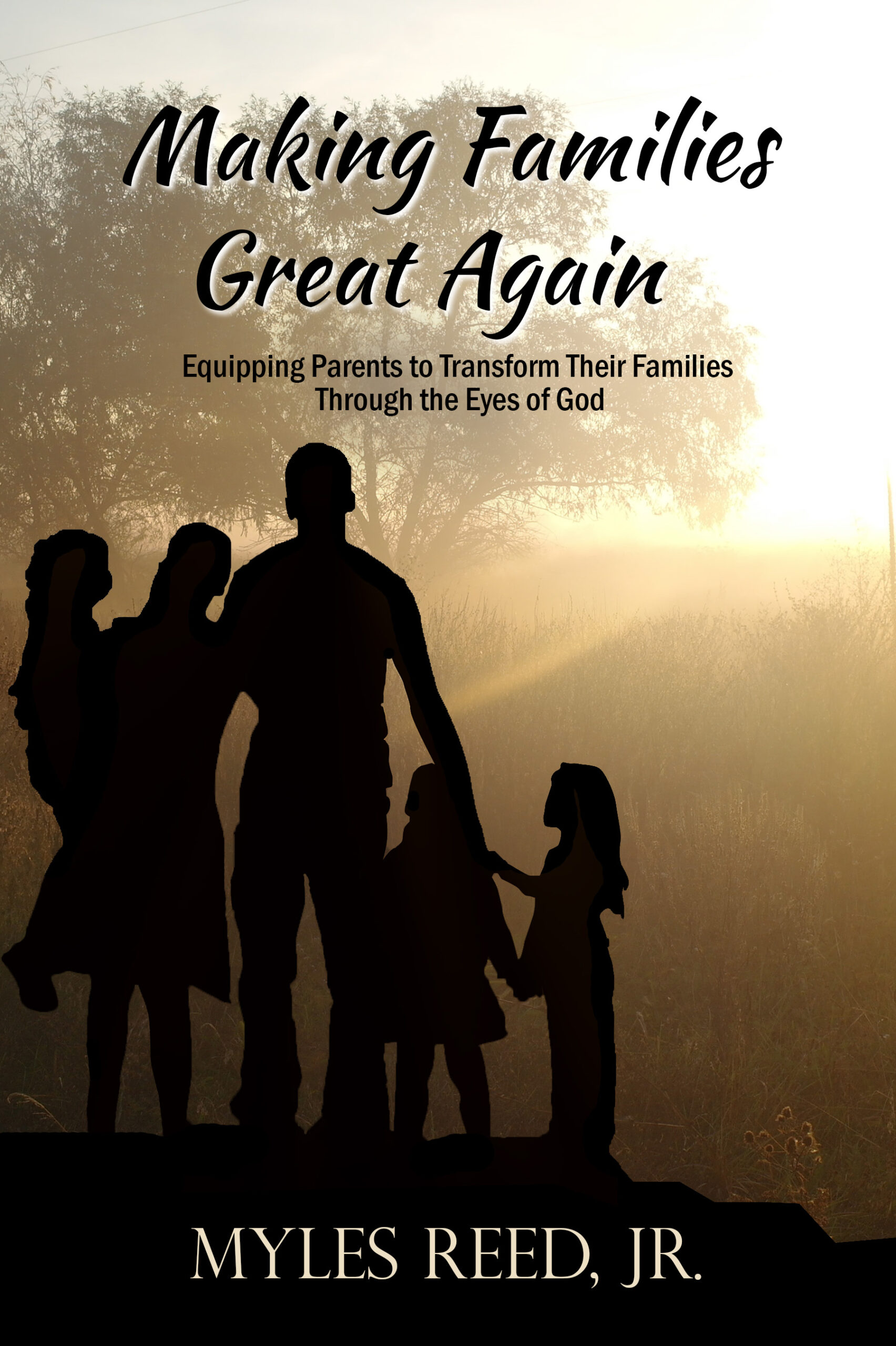
Suzanne wanted others to share her victory, but she couldn’t find the right words. Other writers seemed always to say it much better. Thinking she was doing her audience a favor, she filled her blogs and articles with quotes. Then she discovered how wrong she was.
Quotes didn’t mean much unless her audience knew and respected the person who said it. Since she was doing all the research, her readers often didn’t know the author of a quote. They didn’t care. Her own statement would be stronger.
Readers came to hear what she thought. Otherwise, they’d go somewhere else, wouldn’t they?
Suzanne realized how bothered she was when people didn’t speak for themselves but forwarded quotes of what somebody else had said. Didn’t they know she could search the Internet herself? Each time she received a forwarded message, she quickly pressed the Delete button.
Great quotes were like the police. She could never find one when she needed one.
Since she was an avid reader, she decided to take the extra time needed to highlight quotable lines and enter them into a database where they could be searched by topic and content. When she was listening to a sermon or speech and a line caught her ear, she wrote it down word for word, including the speaker’s name, date, and place—and later entered those into her database.
With her large resource file, great quotes were like looking for needles in a haystack of needles.




 Character is a critical key to becoming a person of quality, and it starts in the home!
Character is a critical key to becoming a person of quality, and it starts in the home!